Activating Public Space
By Michael Hart
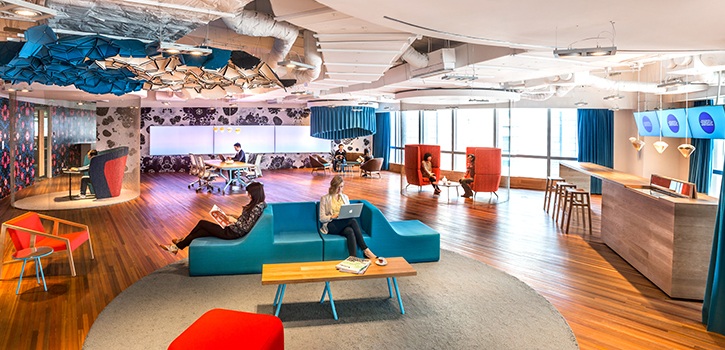 If you think about the best office buildings, shopping malls and hotels you’ve ever visited, the thing that made them great was probably something that had nothing to do with their primary use. For example, if you’ve ever visited Park View Green in Beijing, a project that has a shopping mall, office towers and a hotel, the thing you are most likely to remember is the outlandish art, in the mall or in the entrance areas of the office tower. That mall has a great brand and it isn’t related to the retail options they offer, but rather how they have successfully used the other space. As owners compete to make their malls, office towers and hotels the most popular and the most profitable, they are starting to “activate” their public space. This practice has been common in areas outside of China, but is increasingly starting to happen here, as well.
If you think about the best office buildings, shopping malls and hotels you’ve ever visited, the thing that made them great was probably something that had nothing to do with their primary use. For example, if you’ve ever visited Park View Green in Beijing, a project that has a shopping mall, office towers and a hotel, the thing you are most likely to remember is the outlandish art, in the mall or in the entrance areas of the office tower. That mall has a great brand and it isn’t related to the retail options they offer, but rather how they have successfully used the other space. As owners compete to make their malls, office towers and hotels the most popular and the most profitable, they are starting to “activate” their public space. This practice has been common in areas outside of China, but is increasingly starting to happen here, as well.
如果你回想你曾经去过的最好的办公楼,购物中心和酒店,那些让它们出色的地方可能与它们的主要用途无关。如果要使商场,办公楼和酒店受欢迎和有利可图时,“激活”公共空间是好的做法。这种做法在中国以外的地区很常见,也越来越多地开始在国内发生。
Why now?
 Park View Green in Beijing
Park View Green in Beijing
One question that visiting property experts ask is why hasn’t this space been used or activated before in China and some of it has to do with how people behave. There was an office building that my company used to manage and I remember the very negative impression I had on my first visit when the office lobby was full of smoke from the drivers, who congregated on the sofas in the lobby. At that stage, smoking inside of buildings was more socially acceptable, and so the only thing we could do was to remove all of the common area furniture so that our lobby would not be filled with smoke. Other times, landlords without larger visions just fill their lobbies with vending machines that produce a small rent for them, but generally don’t enhance the image of the building. In some cases, it is better to have nothing in the lobbies, a clean simple look, than something that detracts from the image of the place.
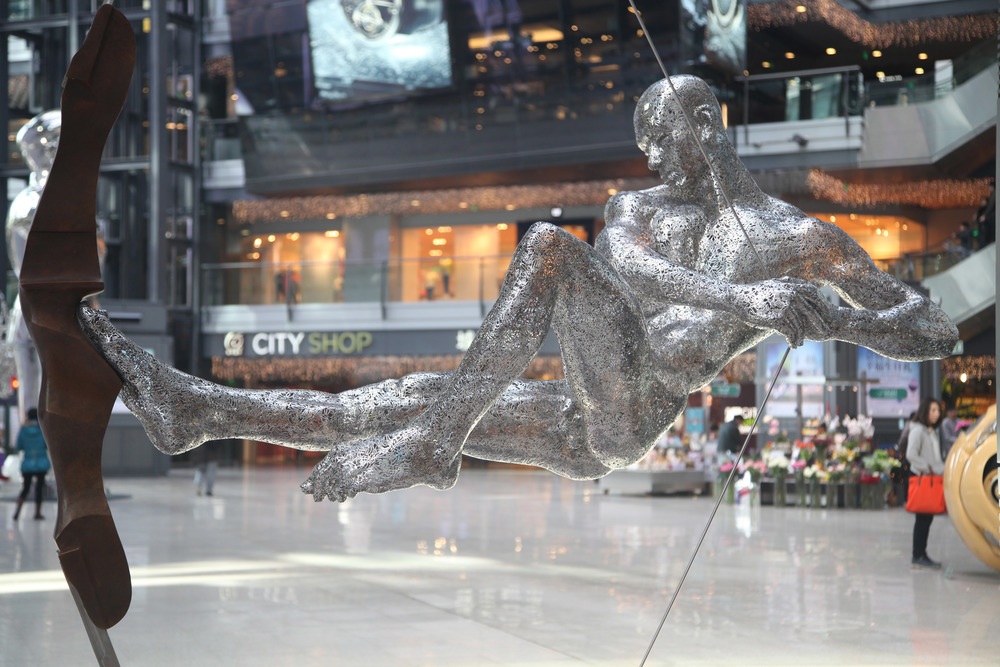 为什么是现在?
为什么是现在?
为什么在中国之前没有使用过这个空间,有些空间与人们的行为方式有关。在某些情况下,最好不要在大厅中拥有任何东西,简洁的外观,而不是一些有损于地方形象的东西。
Office lobbies
The first place we often see property owners invest in public facilities is seating, green space and fountains in office lobbies. All of these things make the building more useable, create places to meet up with clients and colleagues and just generally make our working environment more enjoyable. Landlords increasingly work with coffee chains to create a mix of a small coffee kiosks and seating that is part customer focused, part public in office lobbies that would not traditionally be able to host a full coffee shop. This makes the building overall more convenient for the office workers and creates a place for quick meetings and interactions. Sometimes office landlords just create public seating and tables and trust that the public will use this space in a productive manner.
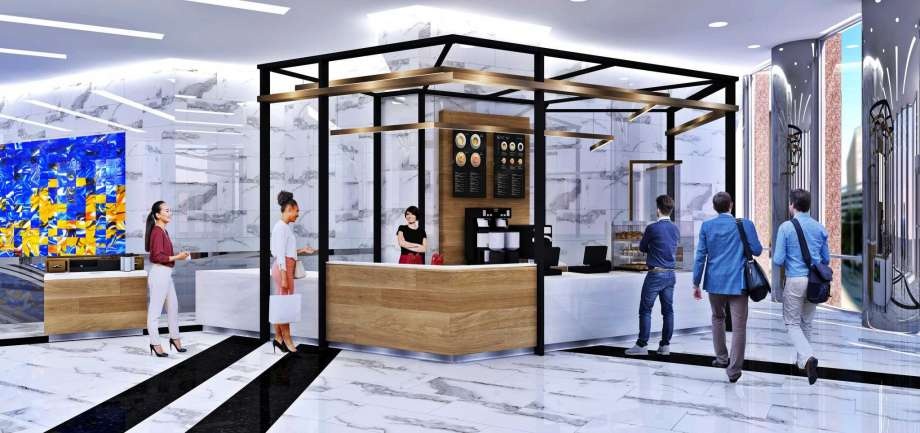 办公室大堂
办公室大堂
我们经常看到投资公共设施的第一个地方是办公大厅的座位,绿地和喷泉。所有这些都使建筑物更有价值,创造了与客户和同事会面的场地,并且通常使我们的工作环境更加愉快。有时只是创建公共座位和桌子,并相信公众将以富有成效的方式使用这个空间。
Shopping Malls
In addition to the obvious shop units that are leased to retailers, mall operators often fill the walkways with small kiosks that can be changed to suit the season and more importantly activate the large walkways in the malls. Some sell sunglasses in the summer, holiday specific gifts to suit a specific season. Another thing that often helps brand these malls are the art installations in the atriums and lobby locations. These elements often don’t generate any specific revenue, but do enhance the environment of the mall overall creating places people want to visit. These sorts of investments also help create differentiation, since many mall’s retail offer is quite similar to that of nearby malls. One challenge specific to China is that we hear of visitors in newly developing areas, who sometimes come in to take advantage of the air conditioning and bring their own drinks and don’t actually spend any money in the mall. This sometimes means that landlords reduce public seating. Shopping malls are very focused on getting the most revenue out of their space, but generally managers realize that public seating can be very beneficial to creating a relaxing location, where people will linger and perhaps be encouraged to even shop a bit more. That means they sometimes allocate space that could be leased, to non-paid uses just to improve the environment.
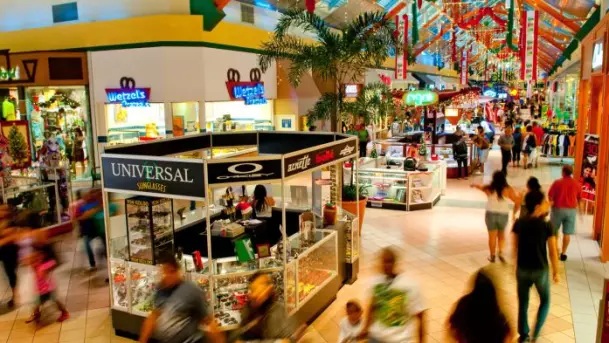 购物广场
购物广场
除了租赁给零售商的单位外,商场经营者还经常在走道上铺设小亭子,这些小亭子可以根据季节进行更换,更重要的是可以激活购物中心的大型走道。有些人在夏天出售太阳镜,假日特定礼品适合特定季节。通常有助于这些购物中心建立品牌的另一件事是中庭和大堂位置的艺术装置。这些元素通常不会产生任何特定的收入,但确实增强了商场的整体环境,创造了人们想要停留的地方。这些类型的投资也有助于创造差异化,因为许多商场的零售报价与附近的商场非常相似。
Hotels
Hotels have the opposite challenge, they generally do a good job of activating their spaces with flowers, art and lobby tea shops and bars. They do, however, try to get creative about how to use the space left to increase revenue. In China, since a major business for hotels is weddings, it is common to see small spaces in their lobbies leased out to wedding planners. Internationally, space in hotels is often leased to tailors, leather retailers, luxury brands, such as watches and jewellery, and airline companies or travel agents.
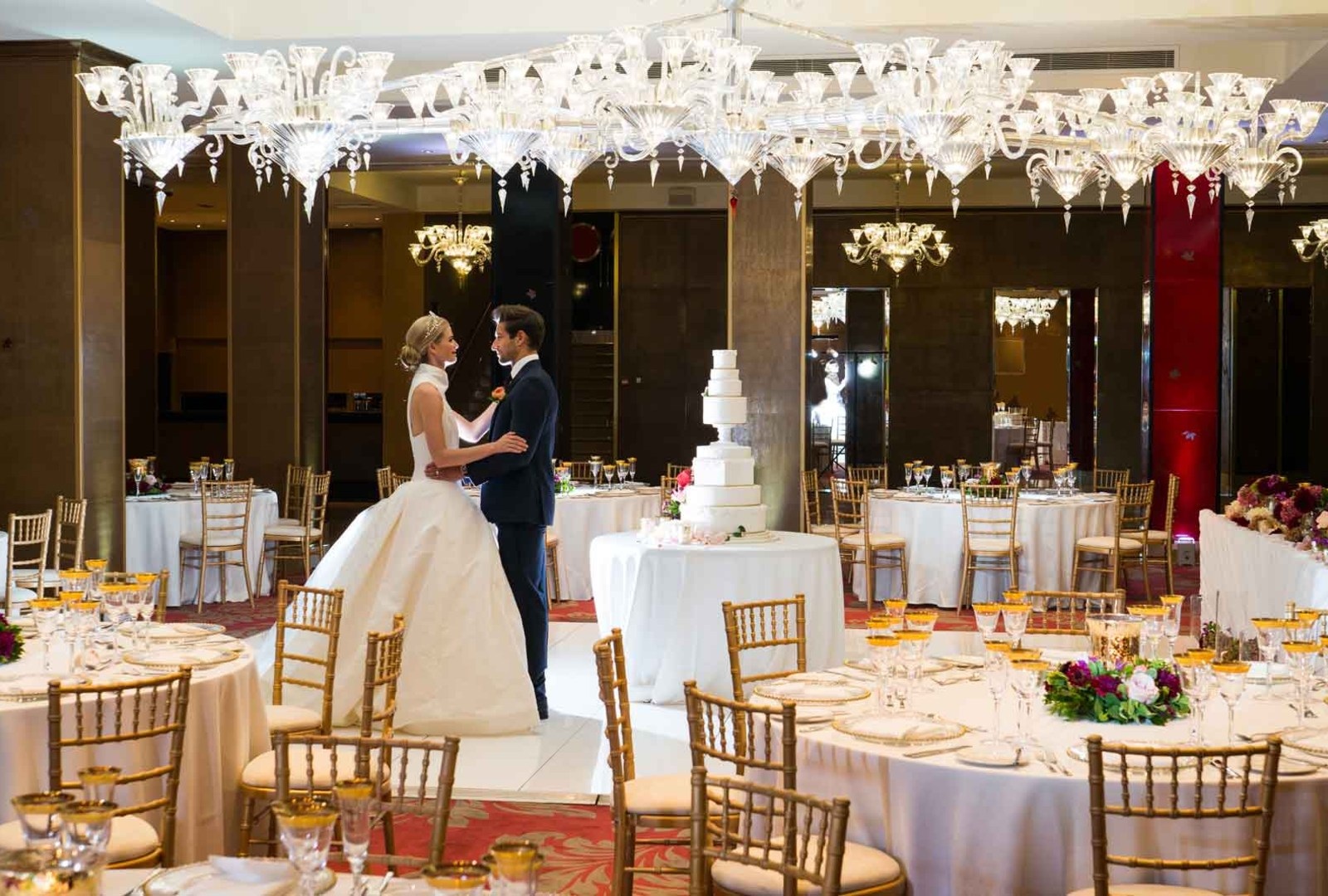 酒店
酒店
酒店面临着相反的挑战,他们通常会用鲜花,艺术品和大堂茶馆和酒吧来激活他们的空间。然而,他们会尝试创造有关如何使用剩余空间来增加收入的创意。在中国,因为酒店的主要业务是婚礼,所以通常会看到他们的大厅里的小空间出租给婚礼策划者。在国际上,酒店的空间通常租给裁缝,皮革零售商,手表和珠宝等奢侈品牌以及航空公司或旅行社。
Airports
Airports are not areas that people generally considered traditional real estate assets, but many have done a good job of mixing shopping with other amenities and commercial landlords can learn from them. Some have areas for kids to play or large art installations and museums. Singapore’s international airport is well known for its butterfly garden, as well as its shopping. It’s a good example that enhancing one use, improves the other.
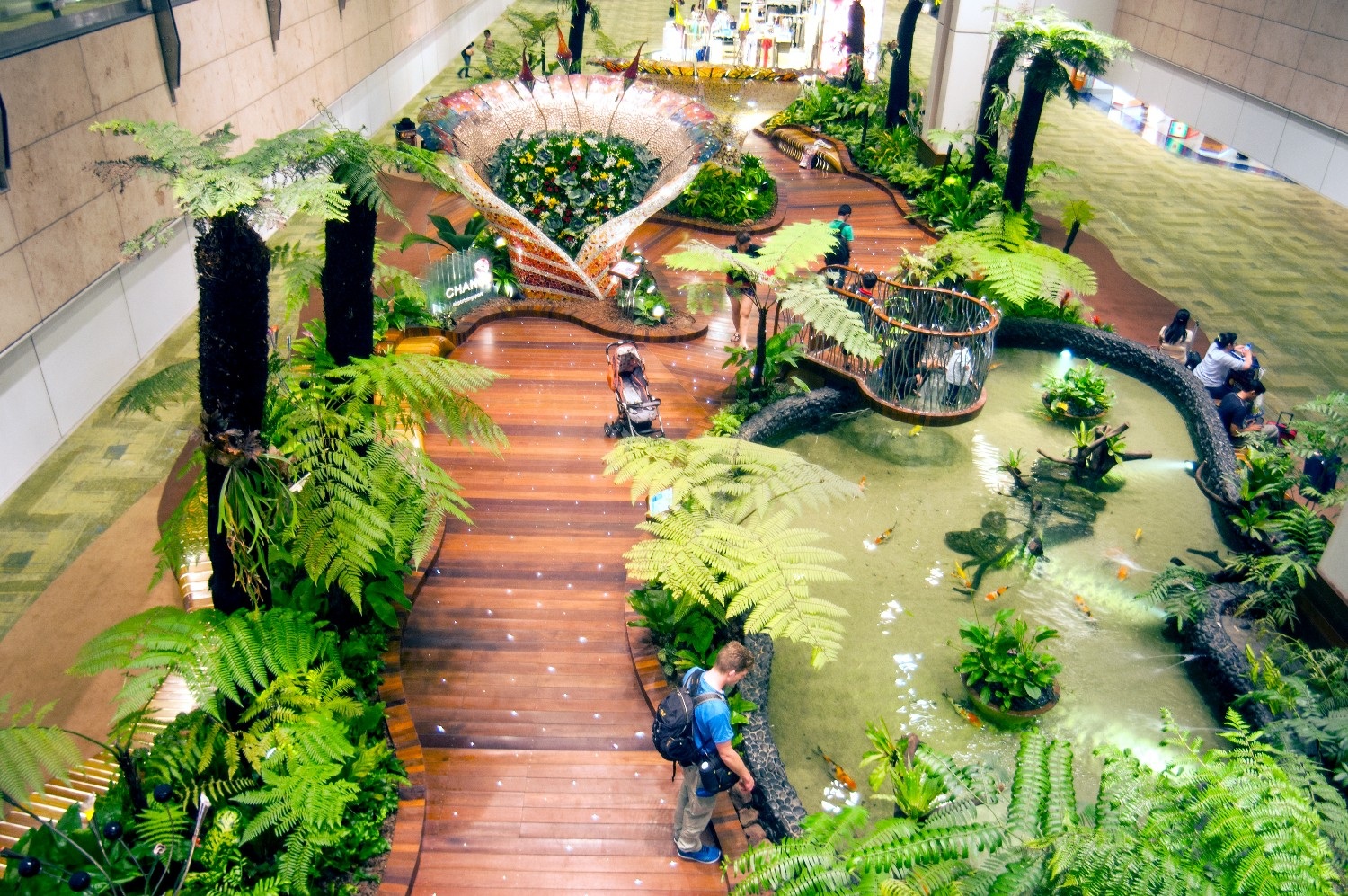 Butterfly Garden, Changi Airport
Butterfly Garden, Changi Airport
机场
机场不是人们普遍认为的传统房地产资产的区域,但许多人已经很好地将购物与其他设施混合在一起,商业地产可以向他们学习。部分客房设有儿童游乐区或大型艺术装置和博物馆。新加坡的国际机场以其蝴蝶园和购物而闻名。这是一个很好的例子。
Outlook
As China’s property market develops and social practices evolve, landlords will be increasingly willing to invest in public infrastructure and facilities inside and around their properties that enhance the image, income and attractiveness of these properties. As long as we as users appreciate and respectfully use these facilities, landlords will continue to invest in those that enhance our experiences. Expect to be surprised with how many new spaces inside real estate projects are developed, which had previously sat vacant to the benefit of all.
 总之
总之
随着中国房地产市场的发展和社会实践的发展,人们将越来越愿意投资于其物业内外的公共基础设施和设施,从而提升这些物业的形象,收入和吸引力。
 Author: Michael Hart has spent more than 20 years in China in the commercial real estate industry and over a decade of that time in Tianjin.
Author: Michael Hart has spent more than 20 years in China in the commercial real estate industry and over a decade of that time in Tianjin.